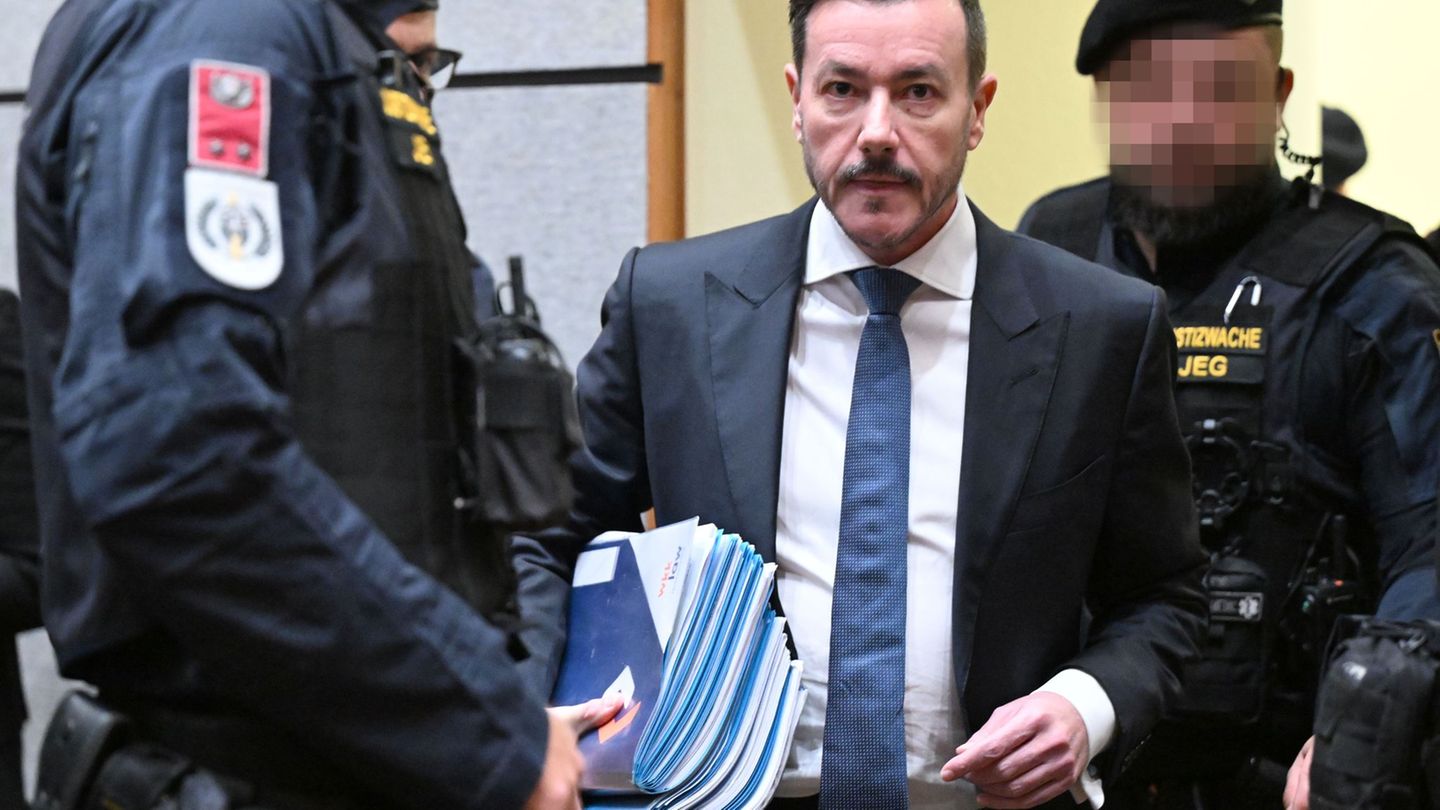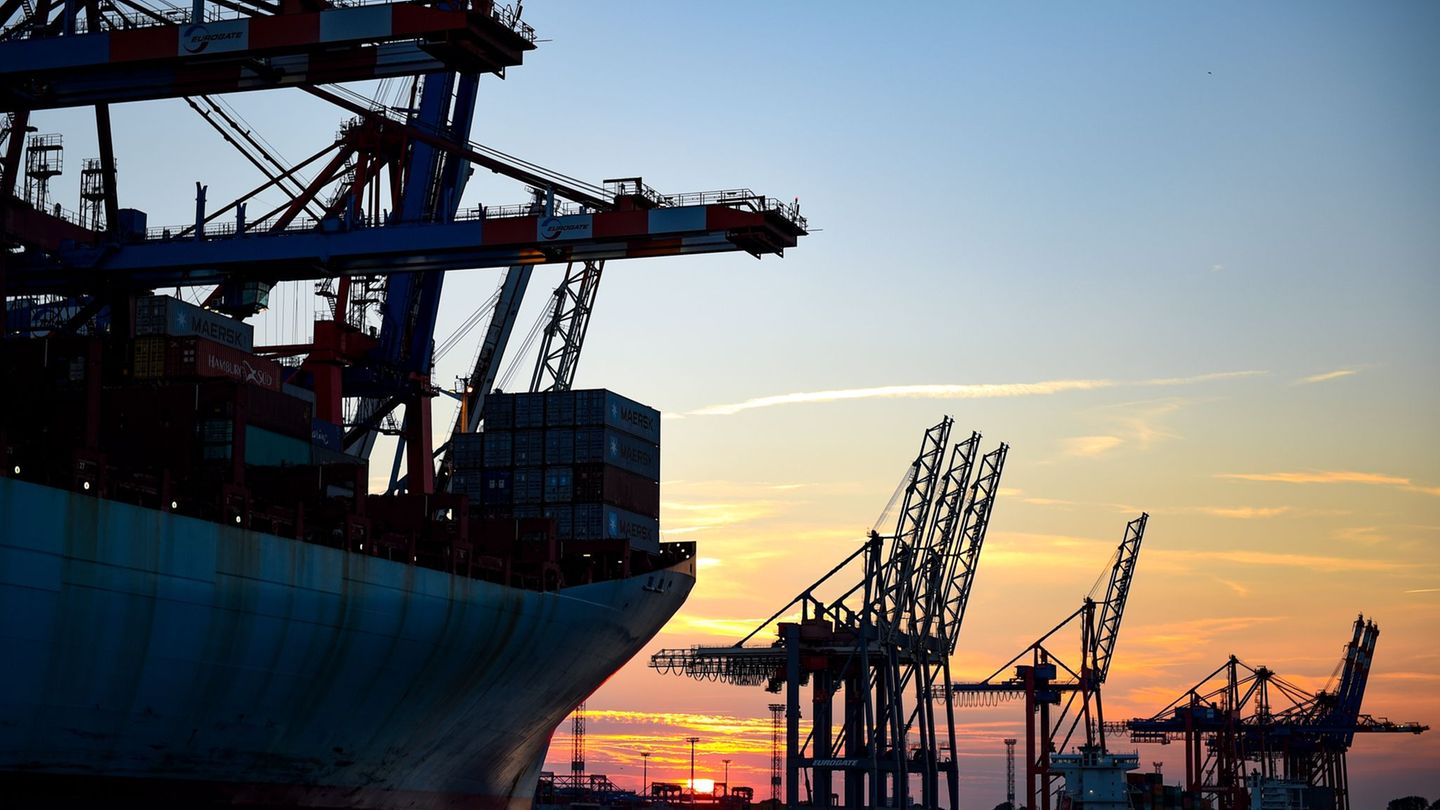I have been working in the news industry for over 6 years, first as a reporter and now as an editor. I have covered politics extensively, and my work has appeared in major newspapers and online news outlets around the world. In addition to my writing, I also contribute regularly to 24 Hours World.
Menu
Nuclear dispute: Iran’s Foreign Minister arrived in Oman for nuclear discussions
Categories
Most Read
Why Pistorius’ military service plans are so controversial
October 16, 2025
No Comments
Israel threatens Hamas over withholding bodies of dead hostages
October 16, 2025
No Comments
Situation at a glance: If the ceasefire agreement is violated: Israel threatens Hamas
October 16, 2025
No Comments
Cheaper driving licenses: Transport Minister Schnieder has ideas
October 16, 2025
No Comments
Baby in the Bundestag: Klöckner wants to support parents with children
October 16, 2025
No Comments
Latest Posts

Medina Dešić: The “scandal” surrounding the Werder player is shameful
October 16, 2025
No Comments
Opinion The “scandal” surrounding Werder’s Dešić is shameful Werder Bremen’s Medina Dešić gets caught in the crossfire for holding up a poster and is insulted

Ex-real estate dealer: Further trial against Benko is certain
October 16, 2025
No Comments
AngelicaI am an author and journalist who has written for 24 Hours World. I specialize in covering the economy and write about topics such as

German economy: Bundesbank is becoming more pessimistic about the economy in the summer
October 16, 2025
No Comments
AngelicaI am an author and journalist who has written for 24 Hours World. I specialize in covering the economy and write about topics such as
24 Hours Worlds is a comprehensive source of instant world current affairs, offering up-to-the-minute coverage of breaking news and events from around the globe. With a team of experienced journalists and experts on hand 24/7.

